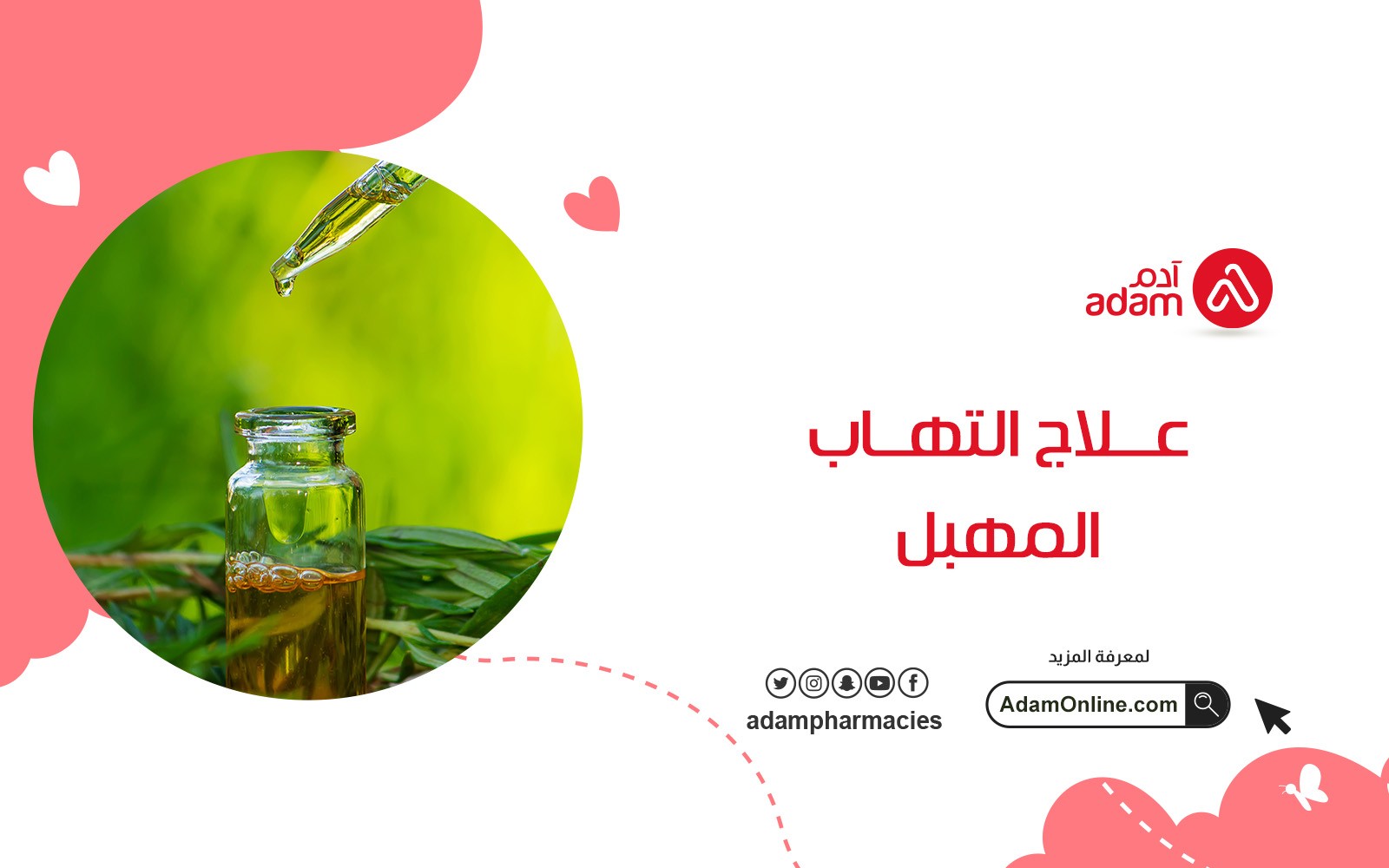Treatment of vaginosis

Treating Vaginitis You should get medical attention if you think you might have BV, especially if you're pregnant. Although there are many drug treatments available, many natural home remedies are the least dangerous, so all you need to know is about some of the most common natural remedies. Common treatment for vaginitis is available here.
Treatment of vaginitis withprobiotics
Some investigations have been done into how probiotics affect the vaginal flora. Taking natural probiotic supplements or eating foods high in Lactobacillus acidophilus, Lactobacillus rhamnosus GR-1 or Lactobacillus fermentum RC-14 may helpVaginitis or its prevention, according to some study findings.
Tea tree
oil Tea tree oil is an essential oil with antibacterial and antifungal effects, and there is enough research to show that tea tree oil treats vaginitis, despite some evidence to the contrary.
Hydrogen Peroxide
In individuals with bacterial vaginosis, using a hydrogen peroxide solution as a vaginal wash may help treat vaginitis, reduce odor, enhance secretions, restore vaginal pH, and treat vaginitis according to two small trials.
Garlic
Garlic is an effective home remedy for treating vaginitis and in one study the vaginal introduction of garlic supplements was examined as a treatment for bacterial vaginosis.
- Although the effectiveness of this remedy was similar to that of metronidazole, this does not mean that you should put garlic in the vagina.
- The two best options are to add it to your food or use garlic supplement tablets.
Herbs
Some herbs may have strong antimicrobial qualities. In one trial, patients applied a vaginal remedy containing an extract of Calendula officinalis, also known as pot marigold.
The people in the study found that it was equally successful in treating vaginitis, but more research is needed before doctors can recommend its use.
Apple cider vinegar
for vaginitis Some women use apple cider vinegar in their bath. However, there is no scientific evidence that using apple cider vinegar to treat the disease or reduce any symptoms actually works. In fact, immersing yourself in apple cider vinegar may worsen the infection.
Wear breathable materials
, whether you have bacterial vaginosis or a yeast infection, it's generally a good idea to wear loose-fitting clothes and cotton underwear while you're sick.
Although there is conflicting evidence as to how well these procedures can treat vaginitis or speed recovery, they can at least help you feel more comfortable.
For example, the warm, moist environment of tight yoga pants doesn't exactly help soothe already irritated vaginal tissues.
Postpone intercourse for a while
. It is recommended that until vaginitis is cured, you should refrain from intercourse or at least use a condom.
Bacteria that enters during intercourse has the ability to alter the environmental balance of the vagina and slow healing.
Staying away from vaginal irritants
using mild, unscented soap (or no soap at all—spraying the genitals with warm water is often enough and won't spoil the pH of the vagina), ditching tampons or menstrual cups in favor of unscented pads, and wiping from front to back When using the bathroom, and never washing are some additional basic strategies that may help speed up treatment of vaginitis or soothe the vaginal irritation associated with bacterial vaginosis.
Causes and symptoms
About 50% of people with BV do not have any symptoms. For those who do have symptoms, it often does not lead to severe symptoms. The most common symptoms of BV among those who do have symptoms include:
- ThinOr watery, gray or white.
- A foul or fishy odor emanating from the vagina, especially after intercourse or during menstruation,
- itching of the vulva or vagina
- Irritation, discomfort, or burning during urination
Signs of bacterial vaginosis are similar to those of a vaginal yeast infection, the difference between the two being that a yeast infection results in a thick vaginal discharge that resembles Cheese instead of bad vaginal odor.
Prevention of BV
Despite the fact that there are now no home remedies proven to treat BV, there are steps you can take to avoid BV and maintain a healthy and balanced pH in the vagina.
Vaginal douche Vaginal douche
can alter the bacterial composition and pH of the vagina, which only increases the risk of bacterial vaginosis and other infections.
Douching after a bacterial vaginosis infection isn't recommended as a treatment option, according to the Centers for Disease Control and Prevention (CDC) because it may increase the likelihood of relapse.
- There is no need to douche because the vagina cleans itself.
- Therefore, you should not bother washing it with warm or cold water.
BV is a condition we still don't fully understand, in part because it occurs frequently and is often asymptomatic and antibiotics are often used as the first line of treatment. It actually exacerbates the bacterial imbalances that cause BV.
Fortunately, many foods and drinks contain antibacterial properties. Mixing the two may help the natural, mild vaginal fight against infection. Even using these remedies (especially probiotics) along with an antibiotic medication may help the vagina get more defensive.





























